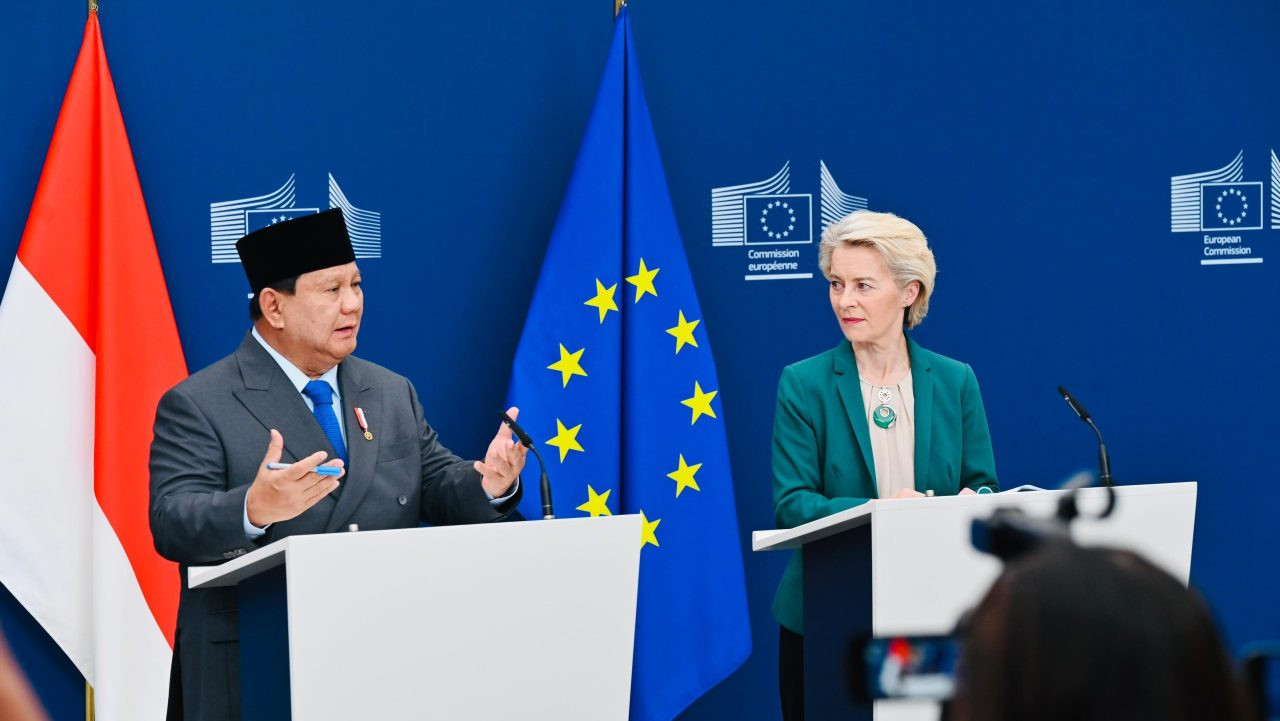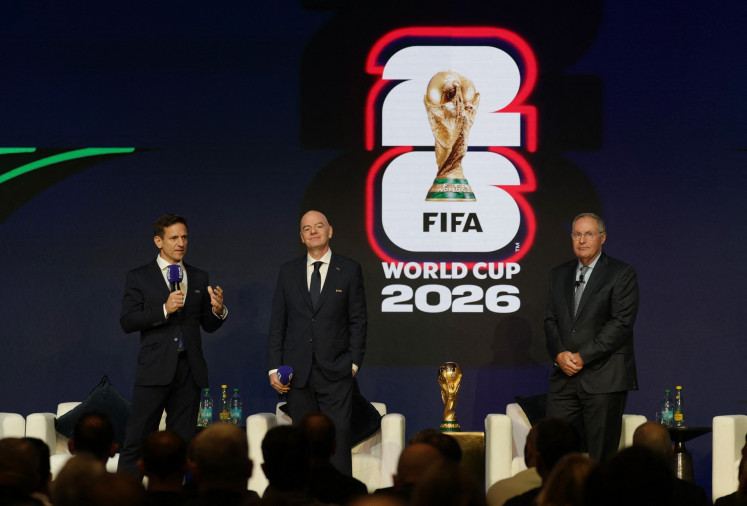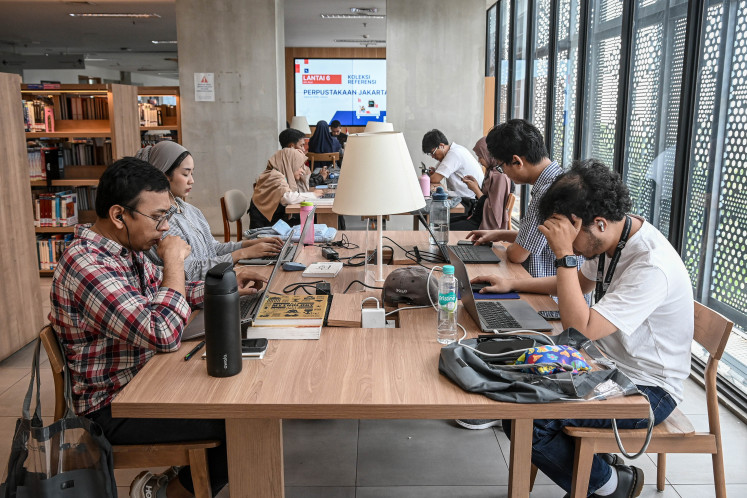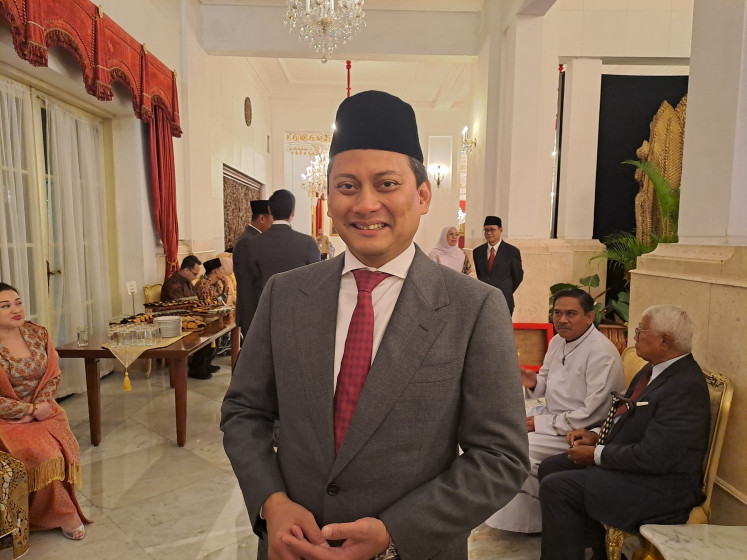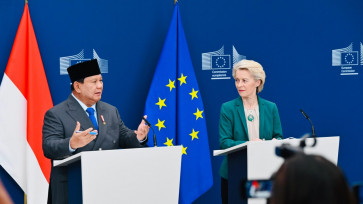Popular Reads
Top Results
Can't find what you're looking for?
View all search resultsPopular Reads
Top Results
Can't find what you're looking for?
View all search resultsIndonesia–EU CEPA: A strategic leap toward global trade leadership
By investing in green infrastructure, renewable energy and eco-friendly production as a consequence of the IEU-CEPA, Indonesia can transform its economy while meeting global expectations.
Change text size
Gift Premium Articles
to Anyone
I
ndonesia and the European Union have finally concluded their trade negotiations, marking a seemingly happy end to 10 years of efforts. The Indonesia-European Union Comprehensive Economic Partnership Agreement (IEU-CEPA) showcases Indonesia’s dexterity in trade diplomacy, positioning the nation not just as a regional powerhouse, but as a global player in sustainable and strategic commerce.
The IEU-CEPA is more than a trade agreement. It is a blueprint for Indonesia’s future economic resilience, competitiveness and sustainability. As the world grapples with shifting geopolitical dynamics, supply chain disruptions and climate imperatives, Indonesia has seized an opportunity to align itself with one of the world’s largest and most sophisticated markets.
One of the most transformative aspects of the IEU-CEPA is the elimination of nearly all tariffs between Indonesia and the EU. This opens the door for Indonesian exports, from textiles and footwear to electronics and automotive components, to enter the European market with unprecedented ease and cost-efficiency.
For Indonesian manufacturers, this is a game-changer. The EU’s high purchasing power and demand for quality goods offer a fertile ground for expansion. With tariff barriers removed, Indonesian products can compete more effectively, not just on price, but on innovation and sustainability.
The agreement also signals a diplomatic breakthrough. Past tensions over palm oil regulations and nickel export bans had strained relations. The IEU-CEPA resolves these issues through mutual commitments to sustainability and fair trade.
Indonesia retains access to the EU market for its palm oil, provided it meets environmental standards, a challenge that can be turned into an opportunity for green innovation. Similarly, the EU’s interest in securing critical raw materials like nickel for its clean tech industries aligns with Indonesia’s strategic resource base. This opens avenues for foreign investment in sustainable mining and processing, boosting both revenue and environmental stewardship.
Beyond goods, the IEU-CEPA includes robust provisions for digital trade, professional services and investment flows. This is particularly timely as Indonesia’s digital economy continues to surge, driven by fintech, e-commerce and creative industries. By aligning with EU standards on data protection and digital interoperability, Indonesia can attract European tech firms and investors, while enabling local start-ups to scale globally.

